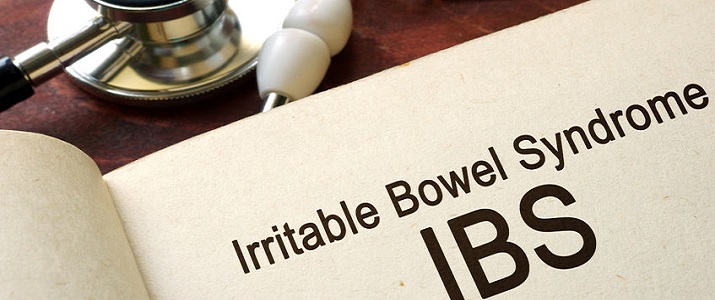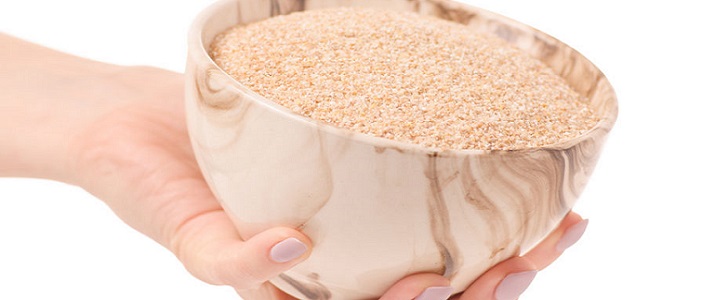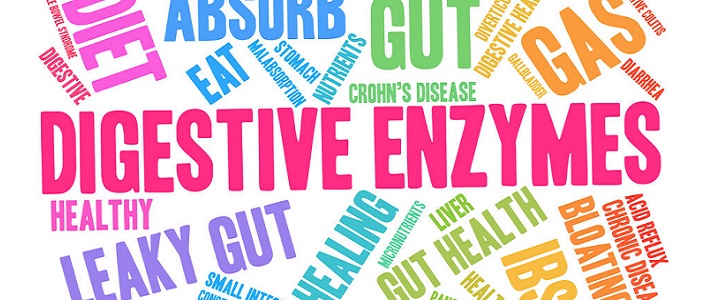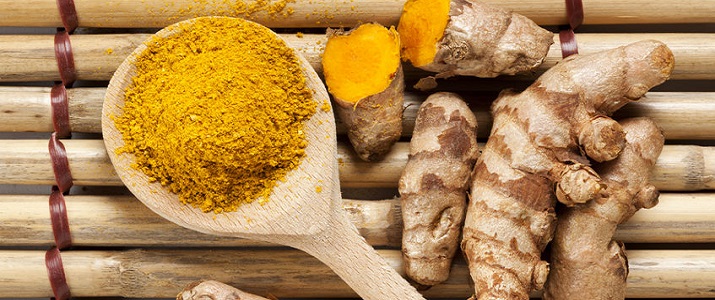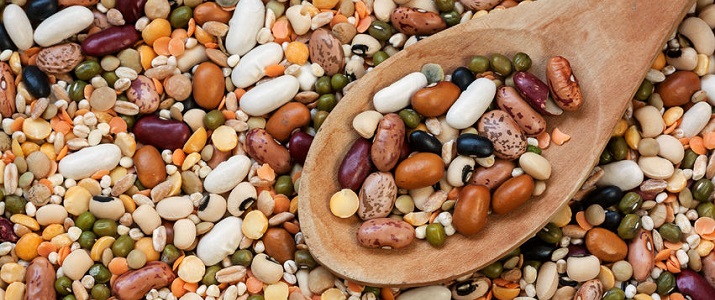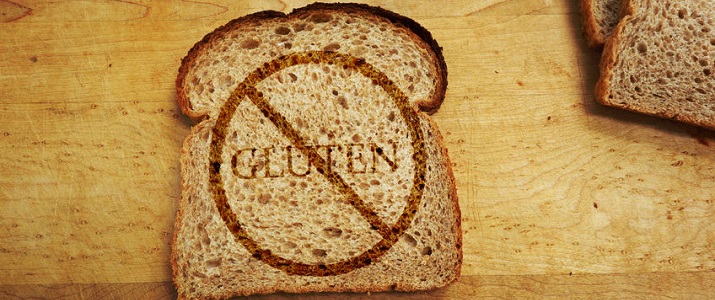What Is IBS-D?
Irritable Bowel Syndrome with Diarrhea, a chronic gastrointestinal disorder known as IBS-D, cannot be wholly generalized as each person experiences the symptoms differently. Affecting 10-15% of the people around the world, triggers for all forms of IBS-D often include eating certain foods which that may aggravate your system; these foods include wheat, dairy products, red wine, and caffeine.
There are some commonalities with the symptoms and diagnosis, as well as strategies with living with IBS-D and the treatment options. A clearer understanding of IBS-D will help individuals who are affected directly by the group of symptoms.
Symptoms of IBS-D
IBS-D symptoms include an urgent and sudden need to have bowel movements usually accompanied by loose and frequent stools, and abdominal pain. It is not uncommon for individuals to lose control of their bowels and soil their clothing, which makes living with IBS-D extraordinarily challenging and difficult. Most people change their lifestyles so that they always are near bathrooms and often will refrain from doing anything that will require the risk of having an accident.
Diagnosis of IBS-D
Although it is easy and one might be self-inclined to self-diagnose IBS-D, it is best for your gastroenterologist to make the official diagnosis after doing a health history, examining you, ordering a blood workup, and requesting a stool sample. It will be important for you to know if others in your family have had Crohn’s disease, Celiac disease, and colon cancer. An official diagnosis for IBS-D is only given if you experience diarrhea about a quarter of the time and also have constipation than a quarter of the time.
Living with IBS-D
- Eliminating Trigger Foods and Drinks. You will begin to recognize which foods are your trigger foods which give you an adverse reaction. Understand the relation between your diet and the severity of your symptoms is key, and you should plan to keep food journals until you can identify definitively what you’ll want to avoid if possible, whether that be dairy products, artificial sweeteners, highly fatty foods, vegetables that cause gassiness, caffeine, and alcohol.
- Finding the Right Treatment Plan. You will want to work with GI to find the best treatment plan for your symptoms, which may include taking antidiarrheal medications or prescription medications that may be recommended.
- Exercise Regularly. You will want to stay physically fit and get regular exercise which will help reduce stress and can significantly alleviate symptoms.
- Reduce Stress and Address Depression. In whatever way is possible, be sure to work to ease any stressors as anxious feelings and depression may negatively impact your gut. Many individuals practice relaxation techniques including yoga, and or try biofeedback as well as treat depression. You will want to be sure to address whatever it is that troubles you head on.
There is no known cure for IBS, and it is likely that you will have episodic periods which will be challenging. Be sure you have an excellent GI following your case and who advises you accordingly.

 Subscribe Now
Subscribe Now